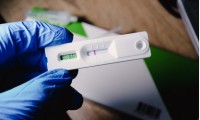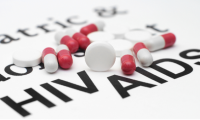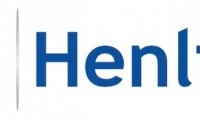-
New Testing Strips to Make Rapid Antigen Testing as Powerful as PCR Testing
- Source: drugdu
- 86
- March 8, 2024
-
ViiV Healthcare Reveals Positive Results from Phase I Trial for a Potential Longer-Acting HIV Treatment
- Source: drugdu
- 76
- March 8, 2024
-
Gilead Sciences Signs Yet Another R&D Alliance for Multi-Target Cancer Therapies
- Source: drugdu
- 98
- March 8, 2024
-
Henlius’ Trastuzumab Plots Southeast Asia Expansion, to Enter Thailand and Philippines
- Source: drugdu
- 127
- March 8, 2024
-
Researchers aim to ensure future AI healthcare monitoring systems are free of gender bias
- Source: drugdu
- 72
- March 8, 2024
-
Drugmakers submit counteroffers to US Medicare pricing negotiations
- Source: drugdu
- 75
- March 8, 2024
-
Noninvasive, Low-Cost Test Accurately Diagnoses Oral Cancer in 30 Minutes
- Source: drugdu
- 84
- March 7, 2024
-
FDA Approves AbbVie’s Juvederm Voluma XC for the Treatment of Moderate to Severe Temple Hollowing
- Source: drugdu
- 120
- March 7, 2024
-
FDA Approves Sandoz Biosimilars for Two Blockbuster Amgen Bone Drugs
- Source: drugdu
- 131
- March 7, 2024
your submission has already been received.
OK
Subscribe
Please enter a valid Email address!
Submit
The most relevant industry news & insight will be sent to you every two weeks.













